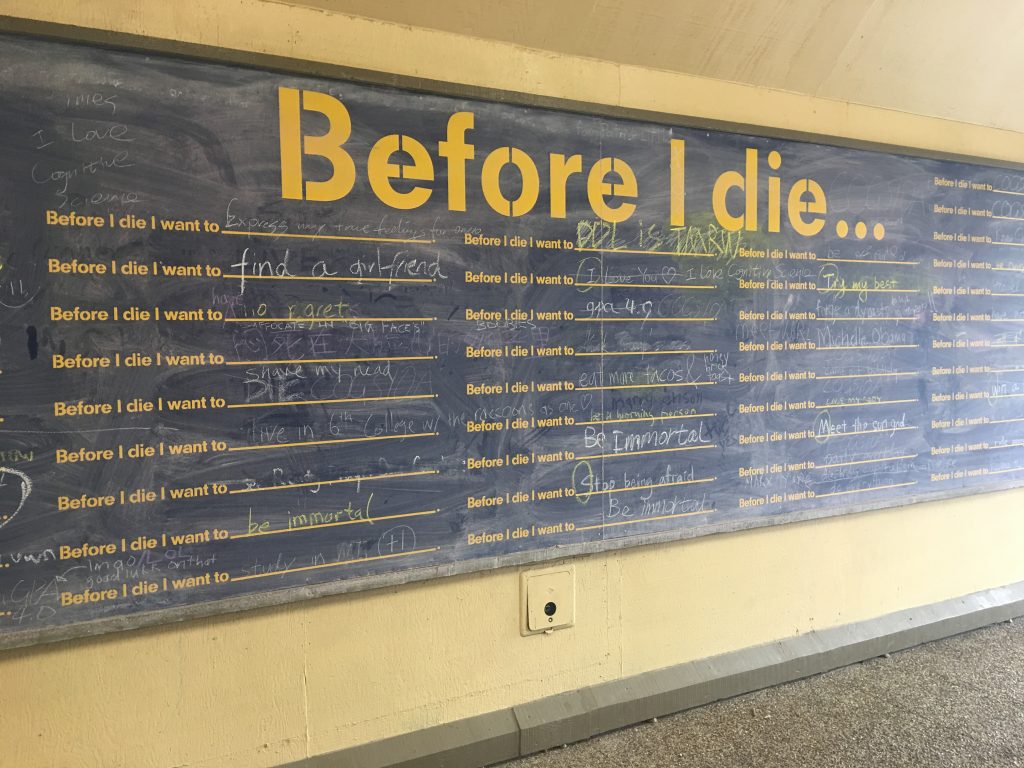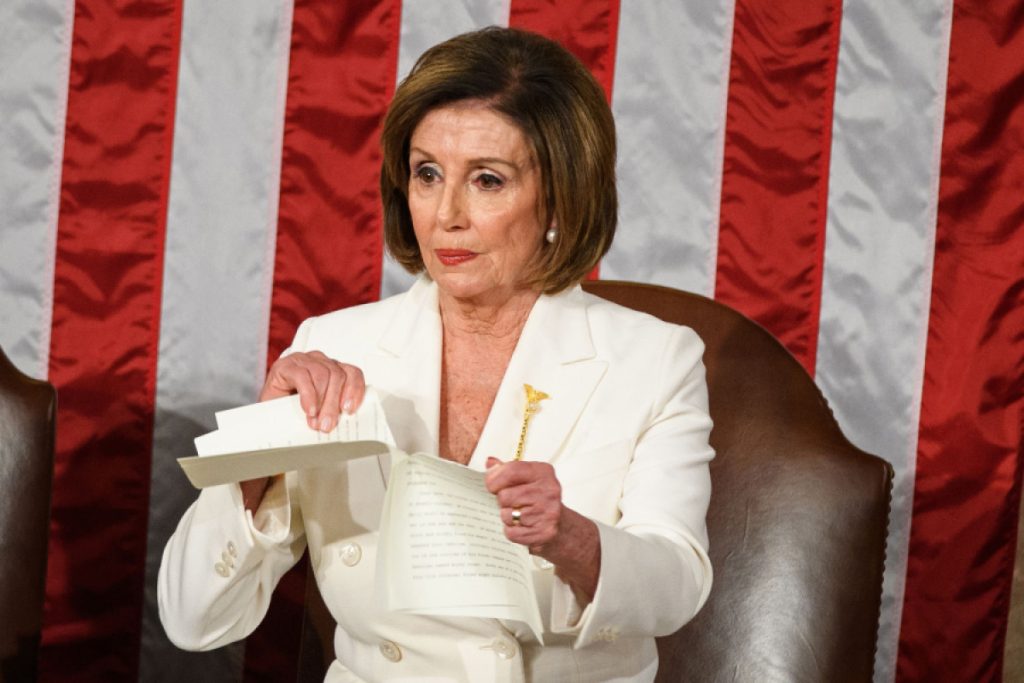Every time I pass the blackboard in the student center, I always spend a few seconds to look at those comments on the board. Some expressing their wishes and some directly speak out their personal views about the ongoing things. As a viewer, I always find this interesting and feel more relaxed with those written ideas on it. It creates a relaxing environment that encourages free expressions from students. As a diversified University, every different kind of idea exists here should not be disregarded, since we all have the freedom of speech and expression in many forms, which corresponds to the Article in the Declaration of the Rights of Man, “The free expression of thought and opinions is one of the most precious rights of man: thus every citizen may freely speak, write, and print” (Article 11, Declaration of the Rights of Man and of the Citizen). Apart from this blackboard, there are also a few boards in front of the student center allowing students to do their paintings on. The paintings on them change frequently and range from different styles. However, there are sometimes that words on the blackboard appear to be offensive that may make others or a particular group of people feel uncomfortable.
This leads to my question that to how large the extent can one have the right to freely express their thoughts and opinions publically?


